Circular Economy Carbon fiber 05-11-2021 - Arhive
Circular Economy Carbon fiber
Crude Oil Prices Trend

-Indorama Ventures Strengthens Its Top Management Council With New Appointments And Role Rotations
Indorama Ventures Public Co. Ltd. (IVL), a global sustainable chemical company, today announced it has strengthened its Indorama Management Council (IMC) — the company’s highest operational management committee — by rotating experienced executives and adding the COOs of the Fibers and Integrated Oxides & Derivatives (IOD) segments.
The elevation of Christopher Kenneally, COO of Fibers, and Alastair Port, COO of IOD, to the IMC — will enable more agile decision making as they build their high-growth segments into self-sustaining organizations that maximize value for IVL stakeholders. The appointments are effective immediately.
In a rotation of roles, Sanjay Ahuja, the current CFO of IVL, will switch to interim COO of Combined PET (CPET) for a period of 2 years, effective January 2022, as part of a rotation of senior expertise across the IMC. He will report to D K Agarwal as CEO, who will take on additional broader responsibilities as CFO. The CPET role rotation will enable new dynamism in this largest segment of IVL and establish a self-sustaining organization for the permanent successor that IMC selects over this period. Agarwal will be supported by Ashok Jain in an enhanced role as controller, covering Banking & Finance, Global Consolidation, Taxation and M&A.
Further, Klaus Holz will join the IMC as chief human resources officer, effective January 1, 2022. He replaces Roberto Bettini who will retire at the end of 2021.

Mr. Aloke Lohia founder and CEO of Indorama Ventures.
-Chemical recycling may need decades to be ‘low cost’
Chemical recycling technologies could take until 2050 to have enough scale to achieve a low-cost position in the marketplace, according to an analysis from consulting firm IHS Markit presented at a recent industry conference.
The new study, from the firm’s Circular Plastics Service, predicts that the percentage of plastics from recycled sources could grow from 15 percent of total production today to 50 percent by 2050.
It predicts steady, incremental growth in traditional mechanical recycling but estimates that the potential for plastics made from chemical recycling will remain fairly limited until 2030 and could show significant growth after 2040.
The analysis came in comments and presentations from IHS consultants at the online Global Plastics Summit, held Oct. 25-28 and sponsored by the firm.
Vice President Anthony Palmer said the cost structure for chemical recycling, which breaks down the polymer bonds of plastics to recycle them, is currently “unfavorable.”
“The cost structure is unfavorable right now,” Palmer said. “In fact, our analysis … had a cost curve view for 2030, and … in that situation, chemical recycling was still more expensive in most regions than virgin.” Circular Economy Carbon fiber
But he said that over the next few decades, chemical recycling could follow the pattern of other plastics resin technologies and start to see “significant reductions” in fixed costs.
“The conclusion I would say right now is that yes, chemical [recycling] is more expensive than virgin. Mechanical is lower cost,” Palmer said. “But in the long-term view, depending on the experience curve and how these technologies develop, we could expect to see a more significant improvement when we look out to the 2050 time frame.”
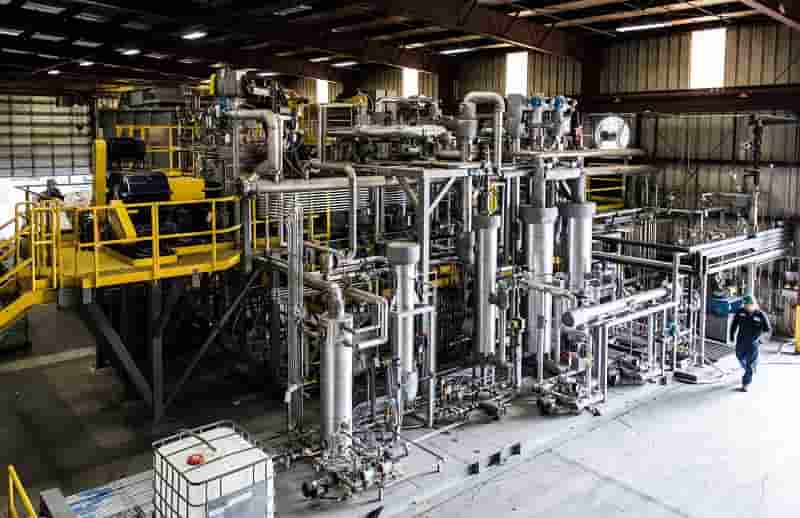
-Singapore’s Shell issues petchem supply cut after flare
Singapore-based petrochemical producer Shell experienced flaring at its Pulau Bukom’s cracker on 1 November because of technical issues and has notified some ethylene and propylene buyers of a reduction in supplies.
It cannot be confirmed if the cracker is shut, but market participants said that the cracker is now off line and this will last for a week.
The cracker has a nameplate capacity of 1mn t/yr of ethylene and 500,000 t/yr of propylene. Production from the cracker will go to its derivatives plants, including a 250,000/550,000 t/yr propylene oxide/styrene monomer unit, a 70,000 t/yr isopropyl alcohol plant that restarted in May 2020 and its 750,000 t/yr ethylene glycol plant.
Its ethylene downstream takers include Dairen’s Chemical 350,000 t/yr vinyl acetate monomer plant and Prime Evolue’s 300,000 t/yr liner low density polyethylene line. Its propylene production goes to Changchun’s 194,000 t/yr cumene unit and Mitsui Phenol’s 151,000 t/yr cumene line.
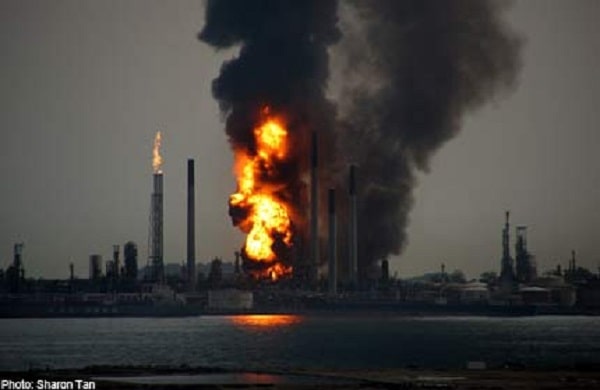
-Shortages in semiconductors, shipping to persist for months – economist
The shortages in semiconductors and shipping that has done so much to disrupt production of automobiles and other goods could persist for months, an economist said on Tuesday.
Increasing capacity to supply more chips and ships is expensive, so companies are reluctant to take on such projects unless they are confident that the trends increasing demand are long-term, said Marci Rossell, a speaker and former chief economist of the business-news network CNBC. She made her comments during a presentation at the annual meeting of the American Chemistry Council (ACC).
The shortage in semiconductors caused automobile companies to lower production, lowering demand for paints, coatings, plastics and other petrochemicals used to make vehicles. Circular Economy Carbon fiber
Rossell attributed the shortage to the coronavirus. During the early months of the pandemic, automobile producers cut their chip orders in anticipation of a decline in demand. Instead, demand recovered and grew faster than expected.
For the shipping industry, they cut capacity by 11% 18 months ago, Rossell said. They expected that the coronavirus downturn would last longer than expected.
Instead, global shipping increased 27% over pre-pandemic levels, she said.
Some relief could come from consumers shifting their spending from goods to services, Rossell said.
The Lunar New Year in 2021 should help work down the backlog of ships and containers at US ports, she said.
Production of goods in Chinese plants typically falls during the weeks-long holiday, which reduces shipments out of China.
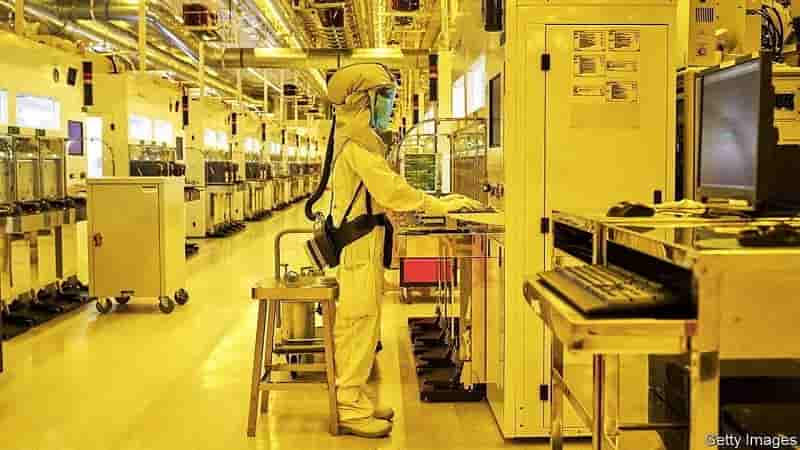
-How can we benefit from extraction of plastic junk from the oceans?
One of the prevalent concerns worldwide involves garbage disposal. The World Bank has declared that 2 billion tons of garbage is created annually around the global. In a 2021 article published in CNBC, it was predicted that in 2050, trash thrown out worldwide will amount to 3.4 billion tons. From a general perspective, waste is an evident global problem for different types of pollution such as that of the air, soil, and oceans.
The majority of the trash generated around the world is non-biodegradable, and not all of it is recyclable. Irresponsible waste management is one of the major causes of global warming and climate change.
Devastatingly, waste also ends up in water systems and the oceans, especially plastic waste. Based on an article from the International Union for Conservations of Nature, the amount of plastic waste found in the ocean amounts to 8 million tons annually. Plastic waste in the ocean is responsible for 80 percent of the total trash found in marine ecosystems. Based on recent statistics provided by National Geographic, there will be a 113 percent increase by 2040 in the amount of plastic waste in the ocean if no measures are taken towards its reduction.
By 2040, it is estimated that 30 million metric tons of plastic debris will have accumulated in the ocean. The Great Pacific Garbage Patch, located between Hawaii and California, is the major location in the oceans where plastic waste accumulates, with an estimated 1.15 million to 2.41 million tons of waste as stated in an article in The Ocean Clean Up.
Plastic waste that ends up in the ocean comes from different places, all over the world. However, it has been found by the Environmental Protection Agency that the Philippines, Vietnam, China and Indonesia are among the top five countries that are the most responsible for greater than half of the totality of plastic waste found in the oceans annually. China, in particular, dumped 8.8 million metric tons of plastic waste in the oceans in 2010 as reported by Statista. Indonesia, on the other hand, emptied 3.2 million metric tons of plastic waste. Circular Economy Carbon fiber
Yet, in 2016 statistics produced by Science Advances shows that the United States is actually the biggest plastic waste producer in the global scheme of things. The U.S. accounts for 42 million metric tons of plastic waste ― and ranked third in waste contribution and illegal dumping of junk in the oceans.
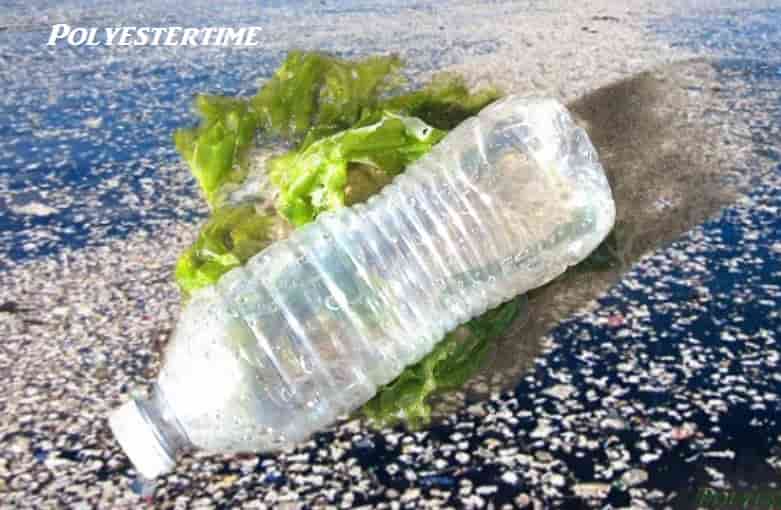
-From a Linear to a Circular Economy
Is plastic waste a valuable resource? Yes! Because chemical recycling makes it possible to recycle materials that cannot currently be recycled mechanically. In chemical recycling, a thermochemical process is used to convert post-consumer plastics into raw materials of virgin-grade quality, which we use to produce high-tech films. That means these films can also be used to package products with high quality and hygiene requirements, such as food.
By using raw materials recovered through chemical recycling, we also support you – in terms of sustainability, resource conservation and the reduction of CO2 emissions.
Of benefit to everyone – for the environment’s sake
- The technology of choice for recycling plastic waste that has not been recyclable up to this point, such as multilayer, contaminated and mixed plastics.
- Replacement of fossil-based raw materials with pyrolysis oil from plastic waste
- Improved carbon balance thanks to closing loops and repeated reuse of materials
- Packaging of products with high requirements in terms of hygiene, mechanical protection, etc., thanks to virgin-grade quality
- Approved for direct food contact
- Contributes to the decarbonization of the plastics industry in the long term
A Holistic approach to Sustainability
For the recycling of mixed or contaminated plastics, chemical recycling is a much more sustainable solution in comparison to thermal recycling. This has also been confirmed by a life cycle assessment conducted by Sphera, which was performed on behalf of BASF according to ISO 14040/44. Circular Economy Carbon fiber
Our conclusion: For the responsible use of resources and a functioning circular economy, the entire life cycle of a product must be considered and the most sensible recycling method determined. In the field of mixed and contaminated plastics, chemical recycling is the method of choice in our view:
- Recycling: 50 % reduction in CO2 emissions with pyrolysis compared to thermal recycling
- Raw material production: Lower CO2 emissions in the production of plastics by using products based on pyrolysis oil instead of the fossil-based raw material naphtha
- Closed loops: Materials can be recycled several times in virgin quality
- Product carbon footprint: The reduction of CO2 emissions helps you improve your product carbon footprint
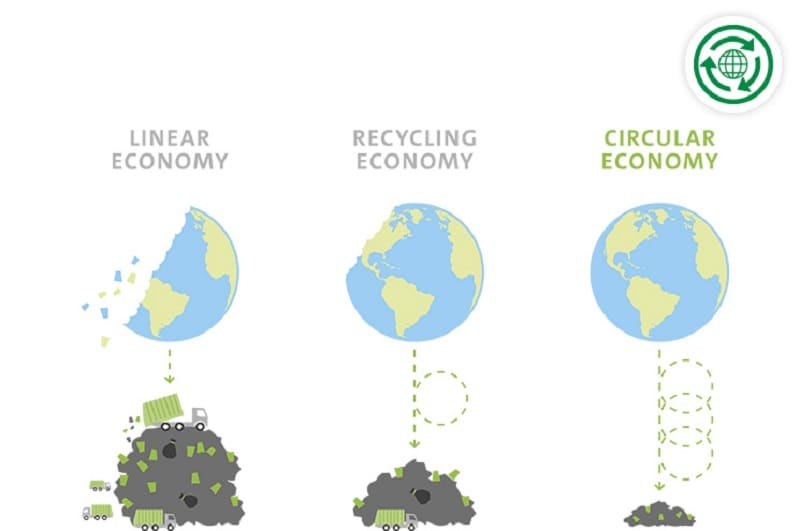
–Carbon fiber recycling is now a thing
With the massive growth in carbon fiber production worldwide, companies are grappling with what to do with all the unused carbon fiber scraps after production. Startups like Carbon Conversions are creating new ways of recycling and repurposing reclaimed carbon fiber, potentially saving millions on production and disposal costs.
-Borealis pilots plastic pellet loss scheme
Polyolefins producer Borealis has become the first plastics producer to carry out third-party external audits for Operation Clean Sweep, an international stewardship initiative aimed at bringing the entire plastics value chain together to achieve zero pellet loss.
The Pilot audits took place in September at Borealis production locations in Kallo and Antwerp, Belgium.
The pilot audits, which help test pellet loss prevention standards, are part of the industry-led programme, which is hoping to establish a unified, and equitable certification scheme for pellet handlers across the entire value chain. Successful pilot audits at Borealis are an important step in finalising the OCS certification programme, whose pan-European deployment is planned for 2022. Circular Economy Carbon fiber
Preventing pellet loss by keeping pellets in the loop ensures that they do not end up in environments in which they do not belong, such as rivers and oceans, and from which they are difficult to extract.
Valuable raw materials, which are meant to be converted into useful products, are in fact wasted when plastic pellets are released unintentionally during production, conversion, transportation, reclamation, or disposal.
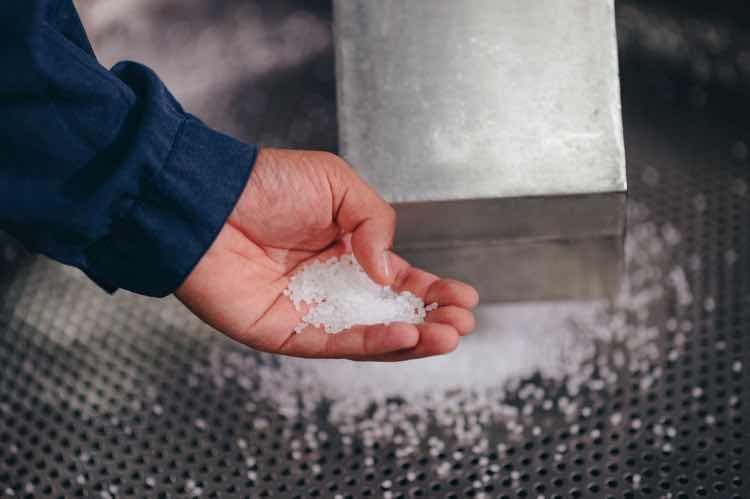
Piana Technology, the 439-year-old textile company known for innovations within the fiber and nonwoven textiles markets, has achieved certification to the Recycled Claim Standard (RCS) in its Piana Nonwovens facilities. The RCS is an internationally recognized standard that verifies recycled content and tracks it throughout the supply chain to the final product.
Developed by Textile Exchange, a global non-profit organization advancing preferred fibers and materials, RCS certification has increased the use of recycled content across the textile industry. A recycled content claim may only be made for materials that have been recovered or otherwise diverted from the solid waste stream. The certification process requires partners to meet standard compliance at each stage of the supply chain, beginning with the raw material (or recycling) suppliers and ending with the final seller in a business-to-business transaction.
“This RCS certification is a great step forward in Piana Technology’s overarching goal to achieve sustainability in our materials and the circularity of our products. We will now have peace of mind knowing that the materials we source have fewer impacts than their conventional counterparts, pushing us forward in our sustainability mission. By reaching RCS certification, Piana Nonwovens joins a growing group of environmentally responsible organizations on the path to sustainability,” said Piana Technology’s Sustainability Manager, Michael Savarie.
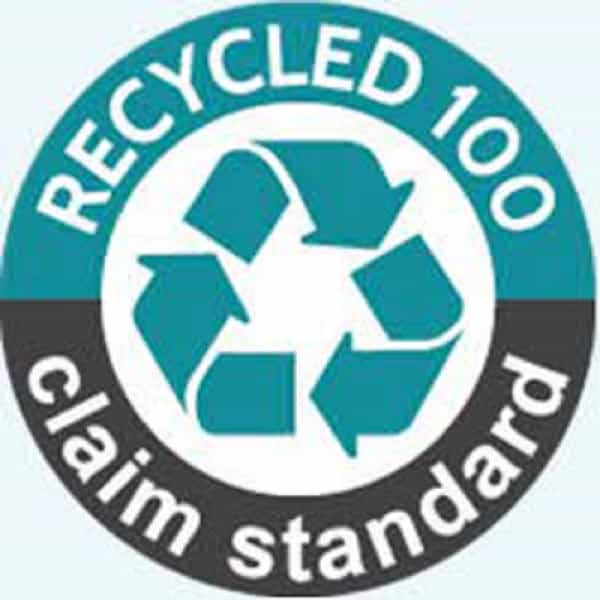
Circular Economy Carbon fiber
